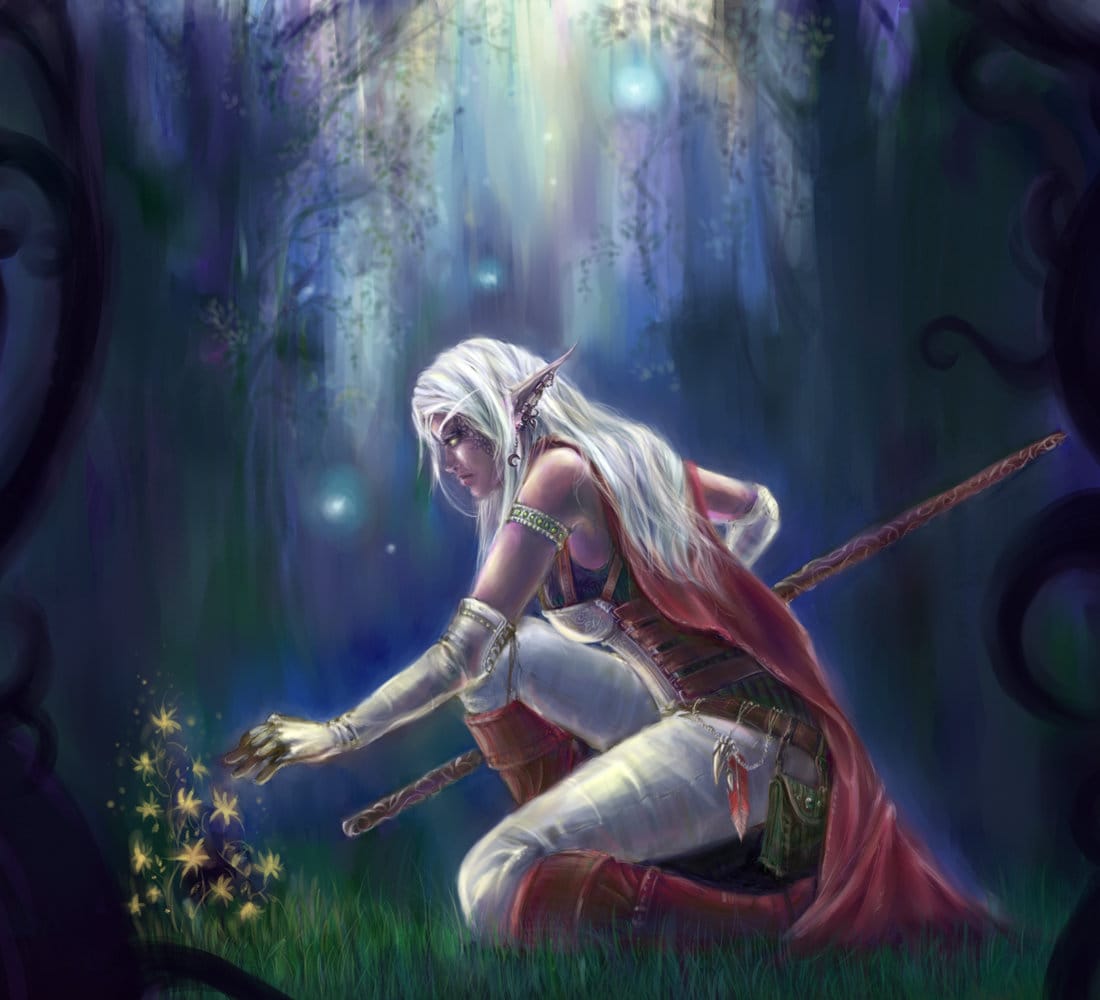

“‘Human’ in D&D means everyone, not just fantasy versions of northern Europeans,” Wizards said in its statement. However, Wizards acknowledged that some of its races are still steeped in old stereotypes, despite its “conscious efforts” to the contrary. Created by Drow wizards ages ago to combat Kuo-toa, Aboleths, and the other aquatic.

They ply the benighted rivers, lakes, and seas beneath the earth, riding turbulent flows like fish and swimming through still waters and stagnant pools without a rivulet to mark their passing. The company says the current version of the RPG, known as 5th Edition, was designed to include a wide range of ethnicities, gender identities, sexual orientations and beliefs. Aquatic Drow: Aquatic Drow are sharks in the deeps of the Underdark. Over the decades, the Drow along with the other monstrous races in 5e have made the long march from irredeemably evil monsters to, well, slightly more redeemable anti-heroes. “That’s just not right, and it’s not something we believe in.” The Drow, otherwise known as the dark elves, night elves, or (somewhat baroquely) The Ones Who Went Below, are an iconic part of Dungeons & Dragons. You can choose your race or your class in any order. Your class defines your capabilities and your role in the party, and your race provides traits and ability score increases which will greatly affect which classes make sense for you. “Throughout the 50-year history of D&D, some of the peoples in the game - orcs and drow (dark elves) being two of the prime examples - have been characterized as monstrous and evil, using descriptions that are painfully reminiscent of how real-world ethnic groups have been and continue to be denigrated,” Wizards said in a statement. You character’s race and class are the most mechanically defining parts of your character.


 0 kommentar(er)
0 kommentar(er)
